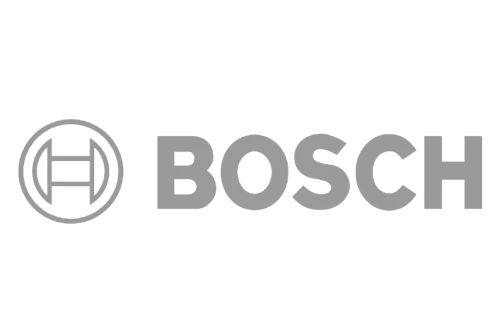Enterprise eCommerce Platform
Challenges of Enterprise Companies
Enterprise companies’ large size and organizational complexity are two common challenges that enterprises face when implementing ecommerce platforms. With the right approach and long-term planning, companies can anticipate and overcome roadblocks in their enterprise ecommerce platform implementations.
IT Complexity
The complexity of enterprise IT is often a result of past business growth, acquisitions, and mergers of IT-departments.
Enterprise IT infrastructures manage a mix of software, legacy enterprise ecommerce solutions, and a large variety of local and industry-specific software (like accounting, legal, ERPs etc.).
Organizational Complexity
Ecommerce both impacts - and is impacted by - many enterprise departments that have their own KPIs, budgets, decision-making rules, and objectives. Departments include sales, marketing, IT, finance, logistics, procurement, security, HR, legal, and more.
Major changes, like implementing enterprise e-commerce platforms or significant changes in business processes, usually require substantial energy and time.
B2B Ordering Workflows
International variability creates an additional challenge on top of organizational complexity. Involving more regions or countries in an ecommerce solution adds extra stakeholders, local laws, customs.
For example, local tax laws (which may impact pricing), legal requirements and practices, HR specific, cultural differences are all areas enterprise organizations need to consider during their ecommerce planning.
See our Enterprise eCommerce Platform in action
Risks to the Implementation of the Enterprise eCommerce Platform
Slow Changes Kill Competitiveness
When choosing ecommerce software for enterprise, they need to focus on speed and flexibility to remain competitive. The complexity inherent in enterprise organizations makes IT changes – like implementing an e-commerce platform or significant changes to business processes – very expensive in terms of time and effort. As the size and scope of a project increases, the risks and effort required to implement it also grow exponentially.
Enterprise IT Complexity Hinders Transformation
When a company’s ability to transform is limited, it threatens its enterprise market leadership. This risk must be addressed – as enterprises need to constantly focus on reducing complexity and replacing legacy solutions painlessly.
Monolith Are Risky
Some companies attempt to solve regional complexity by designing and implementing a unified enterprise ecommerce solution covering all or most regions. However, this approach leads to the creation of a “monster” that is expensive to change, extremely expensive to maintain and which cannot easily be replaced when it becomes a problem – a situation which often happens quite soon after launch.
How Does Virto Commerce Resolve These Risks?

Agile Approach

Multi-Layer

API-Based

Extensible Platform
A Few Words From Our Clients
Want to learn more about our Enterprise eCommerce Platform?
Book a personalized product demo with Virto experts.























